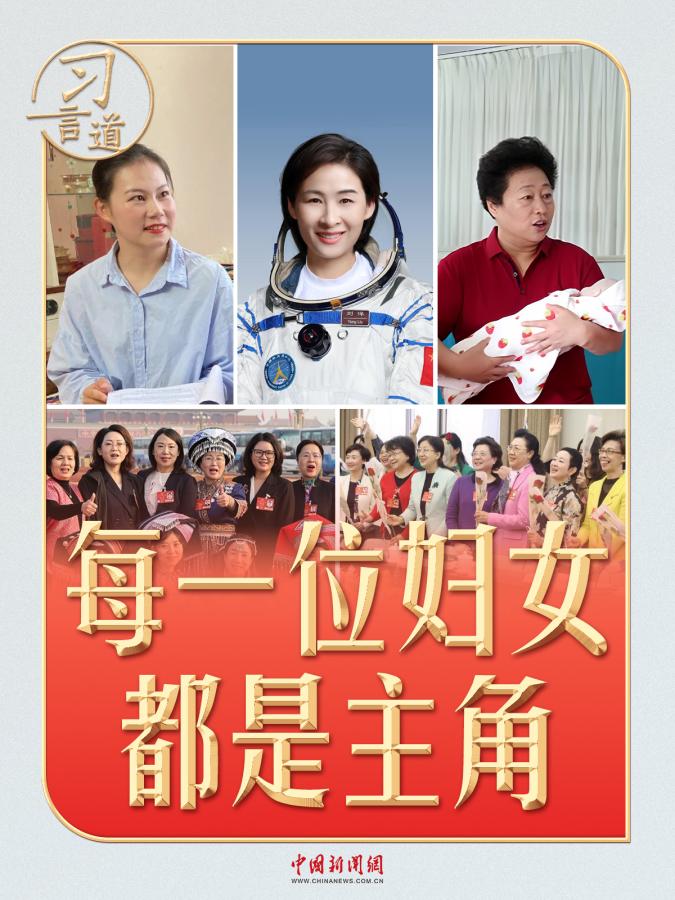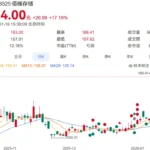Over 50 Years Ago, Xi Jinping Started a Sewing Cooperative
In the 1970s, Liangjiahe Village in northern Shaanxi was a poor and underdeveloped area, plagued by yellow dust and persistent drought.
Villagers worked hard every day, with local women bearing an especially heavy burden: laboring in the hills during the day to earn work points, cooking and caring for children in the evening, and then mending clothes worn out from farm work under dim kerosene lamps after the family had gone to sleep.
The young village Party secretary, Xi Jinping, noticed the women’s exhaustion and hardships. To improve their lives, he came up with an idea: establish a sewing cooperative in the village. He found women skilled in sewing and mending to specialize in making and repairing clothes for everyone, with compensation paid through work points.
This arrangement allowed the seamstresses to earn work points, while other women could focus on hill work without having to stay up late mending clothes.
The initiative both liberated women’s labor and met the daily needs of the villagers, quickly gaining popularity.
Women’s status is an important measure of a society’s level of civilization. From his grassroots duties to his role as national leader, Xi Jinping has consistently shown respect and care for women and prioritized the development of women’s causes.
In Jinan, Shandong, Zhuo Changli, who was leading women in starting businesses in the home services industry, once worried about public perception. During an inspection in 2013, Xi Jinping told them that “home services hold great potential,” which greatly encouraged Zhuo Changli. Later, she led the “Sunshine Sisters” team from Jinan to expand nationwide, experiencing genuine professional value and honor.
In Gala Village, Nyingchi, Tibet, upon learning that Huang Haifen, a “post-90s” village official from Guangdong, had given up a white-collar job to settle on the plateau, Xi Jinping encouraged her: “From the coast to the highlands, this place needs people. Do well here.” Today, Huang Haifen is leading fellow villagers on a broadening path of rural revitalization through distinctive tourism branding.
In 2012, during the Shenzhou-9 mission, astronaut Liu Yang became the first Chinese woman in space. “You are a heroine and an example of women holding up half the sky, now also an ‘image ambassador’ for Chinese women!” the leader warmly praised her. A decade later, after unimaginably rigorous training, Liu Yang participated again in the Shenzhou-14 mission…
“China’s practice shows that promoting women’s participation in social and economic activities can effectively enhance their status and greatly boost social productivity and economic vitality,” Xi Jinping stated firmly while attending and chairing the Global Leaders’ Meeting on Gender Equality and Women’s Empowerment at the UN Headquarters in September 2015.
Women are a vital force in advancing national rejuvenation. Xi Jinping has always been concerned with protecting women’s rights, encouraging them to engage in economic and social development, and pursue dreams for national strength and rejuvenation, achieving remarkable lives.
In recent years, China has incorporated gender equality and the protection of women’s and children’s rights into governance, continuously improving the legal system for women’s rights. Women’s development has progressed alongside economic and social growth, with significant improvements in survival, health, and education. Women are shining in various fields such as political participation, technological innovation, and rural revitalization, contributing wisdom and strength to modernization.
Changes in women’s social status mark the progress of the times. On the journey toward modernization, every woman is a protagonist with opportunities to shine in life.



